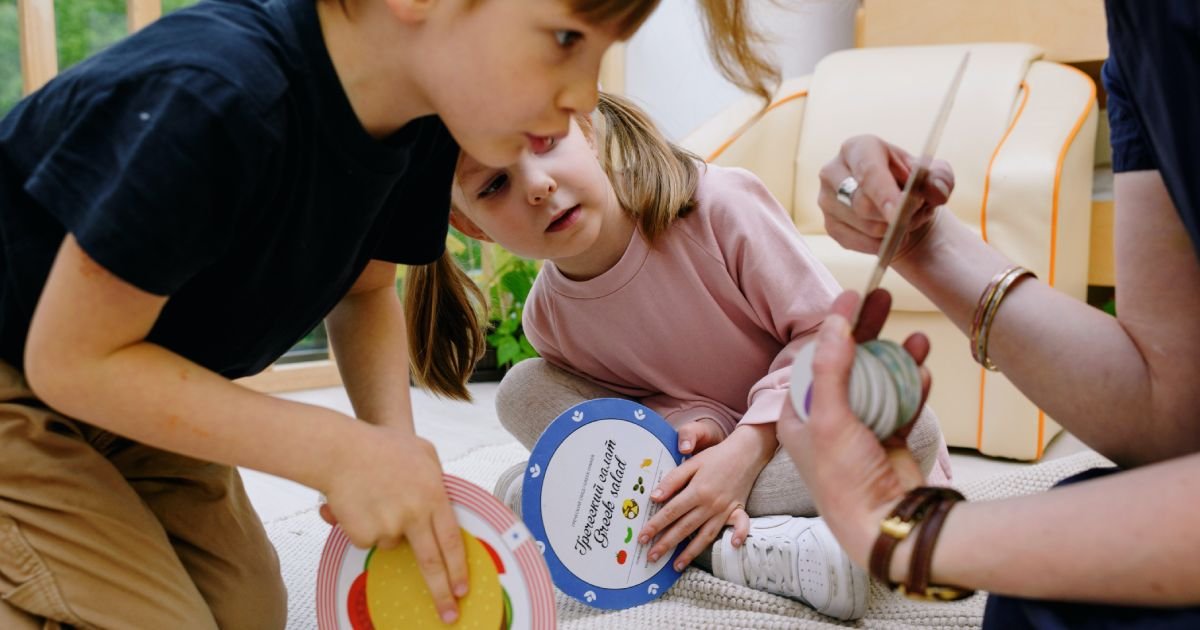Vaishnavi Vishwanathan is a Bangalore based leadership skills facilitator and life coach, but more than that she believes in the power of nature, in the power of this Earth to help individuals achieve and maximise their potential.
Vaishnavi shares her thoughts and experiences with us in this honest and relevant conversation given the current times, where change and uncertainty have taken over our lives.
Q. Vaishnavi, let’s begin by talking about your work as a life coach and the what the field of Forest Therapy is all about.
A. Life coaching as a profession is about supporting people to bring out the best in themselves, to really live up to their potential or maybe even their purpose in life. It’s just about removing anything that does not serve them in becoming the best version of themselves. As a life coach, it’s just about tapping into that hidden potential. As I’ve been doing this over the years for people, it’s been a journey to tap into my own potential and purpose, that’s how Forest Therapy happened.
I wasn’t aware of this industry till I had some spiritual experiences and that’s when I realised that nature can really help us in our journey in life. Nature is not just an oxygen provider. It’s about utilising the space in nature to heal ourselves mentally, spiritually, emotionally and physically and be more grounded in doing our work.
Q. Connecting with nature can be intuitive sometimes, we will return to that subject. But you also mentioned that as a life coach you help people realise their full potential. What does it mean to achieve one’s full potential?
A. When you talk about full potential, I don’t know that there is a benchmark to say this is it. Rather its something that keeps evolving and growing. It is something that you will realise as and when time goes by. What tells me, that I am living according to my potential is if I am living according to the values in my life. For example, when I started on my own, I had no inclination to be an entrepreneur. I had a coach who identified one value in me which was independence, being an entrepreneur was in alignment with that value. Utilising your potential is being aligned with your values. You will also notice that people who are living their purpose in life have some effortlessness; notice artists, singers, actors. There may be a lot of hard work behind it but when they are performing something takes over and it’s something beyond them which works.
A lot of times that is very inspirational for others, it impacts people positively and that for me is the mark for one being in line with their potential.
Q. When one is beginning this journey there can be many doubts that appear, emotionally and mentally is there a way to overcome doubts and embrace the change?
A. Self-doubt will always be part of an entrepreneur’s journey. The first step is usually the hardest. Different things work for individuals, but I’ll share what worked for me. What worked for me was elimination or knowing what I didn’t want. I knew I didn’t want a 9 to 5 job or someone else dictating terms in my life. Maybe the independence value was playing a role over here. It helped me realise what is negotiable and what is not. When I knew what is not negotiable automatically, I knew what is important for me; which was essentially about having flexibility and being able to explore myself. So, starting with what I don’t want worked for me.
Another thing my coach said when I started out which really impacted me, was that I already had some skill sets. I was starting out on my own in my mid-20s and it was unheard of in our family, where the background was mostly service-oriented industry workers. Being on our own, professionally, was not really an option. There were a lot of external inputs indicating that this was not the right direction.
What he said was that I had already built a skill set while working in a corporate and just experiment for six months, if it doesn’t work, then one is free to return to a regular 9 to 5 job. The safety net of experimenting helped me take the step.
Q. Before you started out on your own what was your area of qualification and work?
A. I majored in psychology and did my MBA in human resources. I knew I wanted to be in human resources and specifically in training and development, so that’s how I started working in an IT company. There was freedom to work and everyone was home by 5 pm. Leaving that was a tough choice.
Q. Somewhere you perhaps knew you wanted to work with people and built on that aspect even in becoming a life coach?
A. Coaching was not something that was a profession when I was studying. But later by pure elimination, I didn’t want to do a desk job, computer work and all that, the only thing left was training and development. I took that up and eventually it’s what led me to life coaching as well.
Q. As one starts with a venture and moves ahead, there can be a lot of hurdles, how does one overcome hurdles in the journey?
A. Hurdles are a part of the journey. One of the biggest hurdles I faced was that soon after I started out in 2007, the recession hit in 2008. Everyone was firing people, training and development were one of the first departments where people lost jobs. What helped me was knowing that my purpose was to serve people to be their best version. The way for me to do this then was to do it for myself. I spent a lot of time doing certification courses around understanding human behaviour, understanding myself, doing off-beat courses like hypnotherapy. I explored areas which would help me professionally and personally, like learning to dance for example.
Once I started working on myself, a few months later I knew that helping others was not really an issue and people were coming back to me. Another thing that helped was interacting with many people without an agenda. I would go on Linkedin, connect with people in HR, learning and development and ask if I could meet for some time. The interaction and communication would spark some ideas and that helped.
Apart from that, being a part of a community with people who are on the same journey also helps. I do strongly believe in the power of community, sisterhood, brotherhood, whatever you may call it. There will always be someone who will listen and you will realise that they have already gone through it. There is a lot of wisdom, ideas and suggestions that come and you don’t have to reinvent the wheel. Being part of like-minded people really helps.
Q. What about failures, talk us through how one can get up from a failure and start again?
A. The way I have seen failures is as an opportunity. It is an indicator of opportunities to emerge. There are times when you think that this is it and nothing more can happen, but there are times which actually deepen our journey for the better, for the best. I’ve had a lot of coaching clients who want to quit their corporate jobs and be on their own. Once they are undergoing the coaching, they realise starting off on their own is not really what they are cut out for and often they go back to the corporate world, that’s not really a failure. Once they return to the corporate set up, they are looking at things differently and some eventually do quit to start on their own. However, now when they start on their own, they are much more equipped, they have a different skill set that they work with. Whatever happens, happens for the best. Everything that happens helps you bring out your potential.
Q. Let’s step back to Forest Therapy at this stage. How does connecting with nature help individuals align with their potential?
A. Connecting with nature has an impact which is very different for different people. However, the common thing we find is self-acceptance. We don’t look at nature and think that a leaf is too small or too thin, we admire it for what it is. When people connect with nature mindfully, not just hiking through it or jogging, it helps them to accept themselves. Criticism comes easier than accepting ourselves. Being with nature is almost like being home and being comfortable with oneself. It could be like lying down in a very loving, nurturing, mother’s lap and feeling that everything is fine. When you are in that state of calm there is a lot of clarity that emerges, which leads to intuition for some. People are able to make a lot of intuitive decisions and they get clarity on what they want to do in relationships, at work, in life in general. That clarity comes after self-acceptance and that opens up a plethora of options for people. This is what I have experienced and have seen others experience too who have come for the sessions.







0 Comments